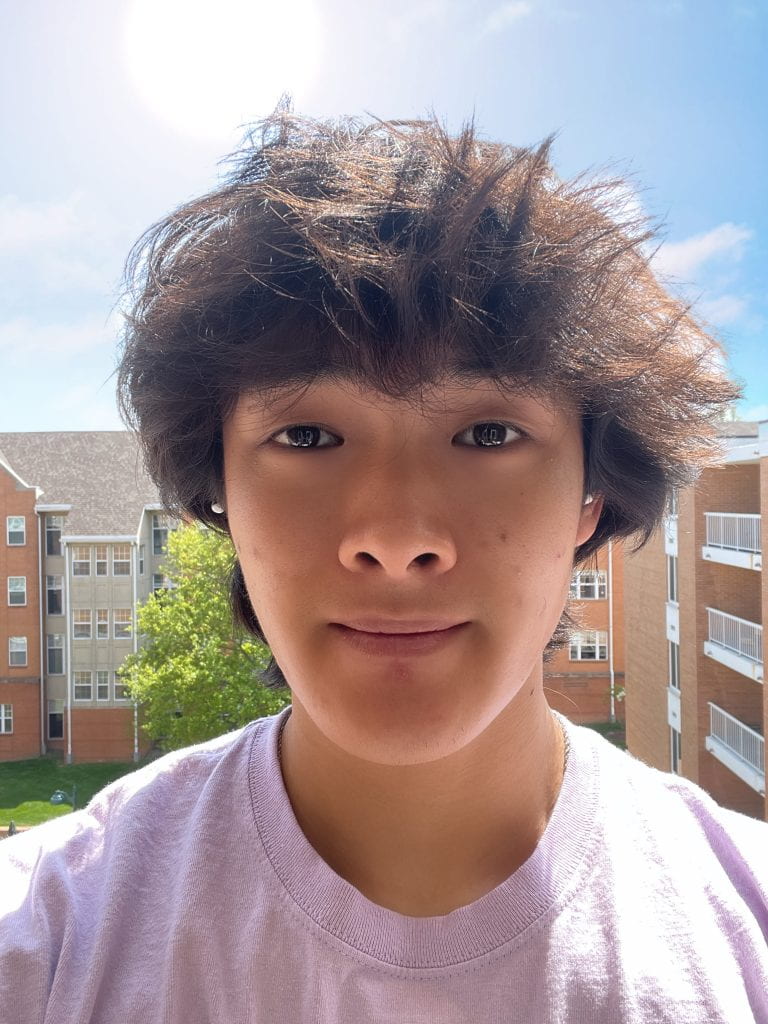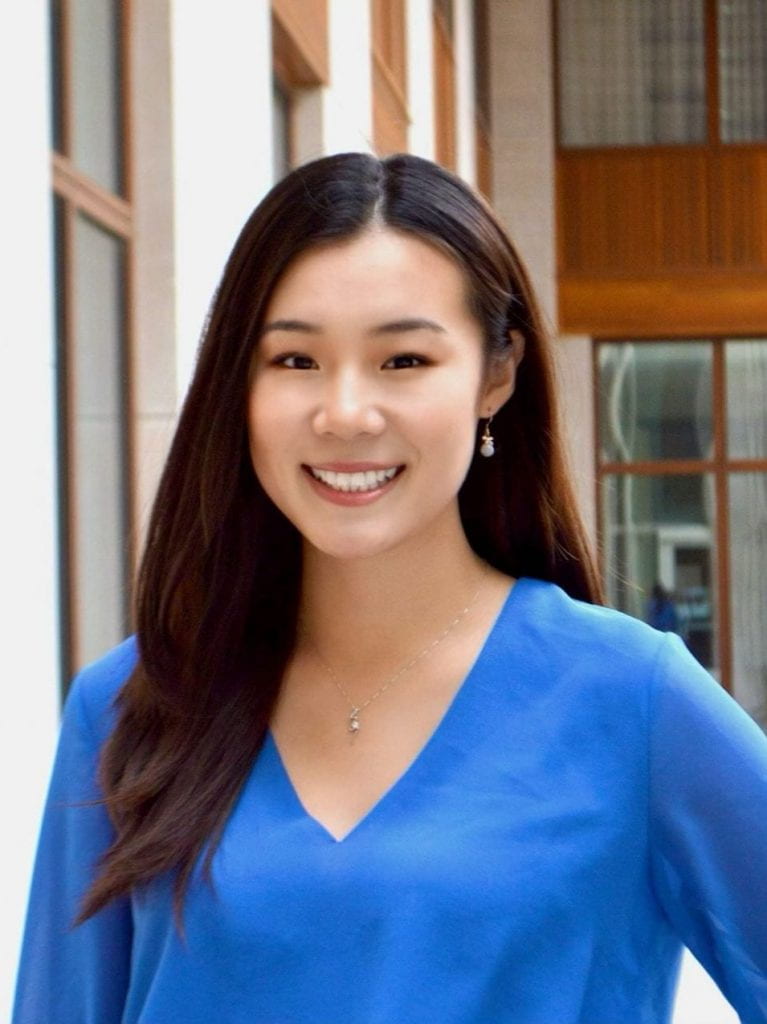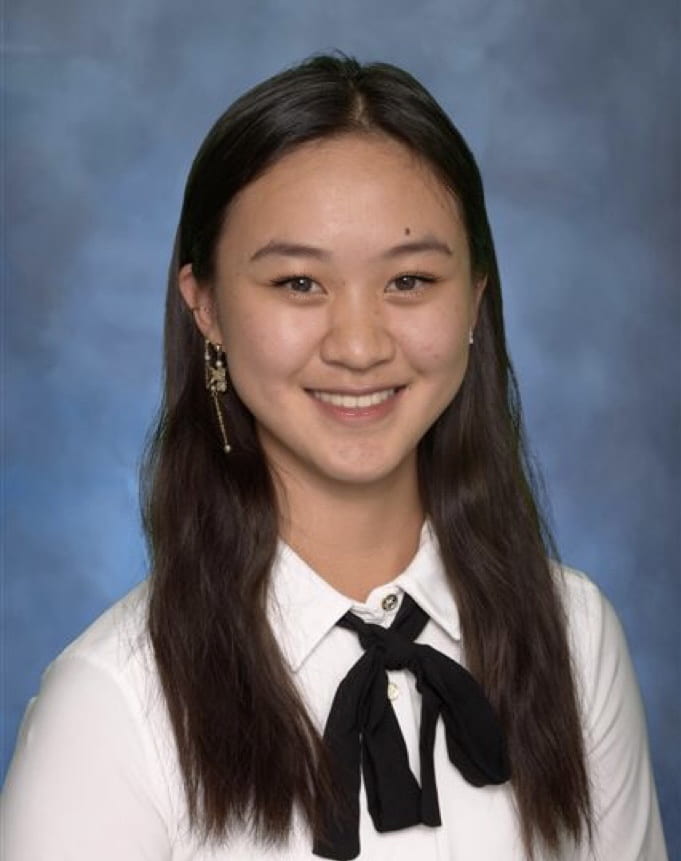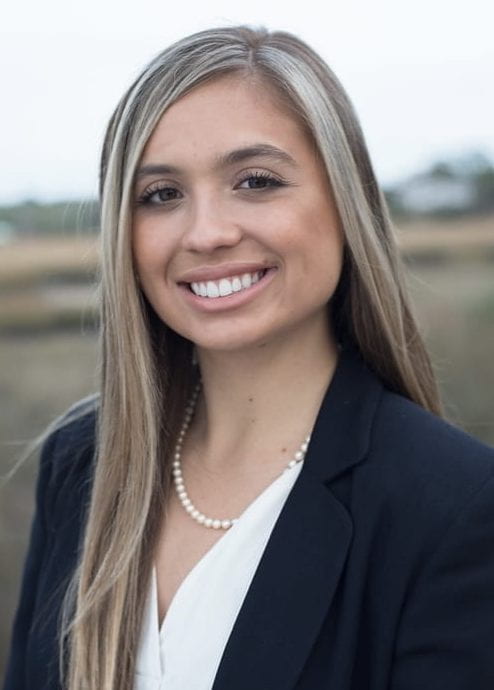Our Mission
The future of NF research and clinical care is dependent on attracting future physicians/scientists at an early stage of training. Unfortunately, the opportunities for early engagement in laboratory or clinical research are not equally available for all interested students. To address this need, we propose to establish a comprehensive training program that begins during the early college years, and includes mentorship, group team learning, professional development, and two years of laboratory or clinical research, with the option of completing an honors thesis at Washington University or obtaining additional post-baccalaureate training.
Major Components of the Program
Mentorship
Each student will be assigned a primary mentor from available NF Center faculty. These mentors will also serve as career development advisors (e.g., medical or graduate school applications). Importantly, scholars will also be assigned an upper class “big sibling” to provide additional guidance, advice, and support.
Research Skills
Scholars will choose a project with the guidance of their mentor, which will become the focus of their research pursuits for the remainder of their tenure.
Community Engagement
A critical element of the Washington University NF Center revolves around improving the quality of life for children with NF1 and their families. To this end, we have developed several programs that focus on addressing motor, social, and behavioral delays common to children with NF1 (Camp NF and Club NF). All students will be asked to participate in some of these activities.
Clinical Shadowing Opportunities
Several of the mentors are also physicians who care for children and adults with NF. Exposure to both general and specialized patient care will be provided by NF Center faculty in the outpatient clinical setting.
Professional Development
Opportunities to present your research at local and national research conferences are available for interested trainees.
Additional Training
All faculty and scholars should complete Ethics (Program for the Ethical and Responsible Conduct of Research) and Inherent Bias training, while new scholars should complete Vertebrate Animal (laboratory research) or Human Subjects (clinical research) training, as appropriate.
Development of Future Leaders
One of the important outcomes of this program is the generation of future agents of change. In this regard, we envision that the current NF Center Scholars will work with student groups to promote the program to others, as well as help improve the program through active engagement with faculty.
Program Success
Over the past twenty years, we have mentored over 75 scholars, all of whom have successfully matriculated to graduate schools as PhD, MD, or MD-PhD students.
Application
Interested candidates should send a letter describing their interest in the program along with an updated CV to Dru Jenkins (nelson_d@wustl.edu). Applications are accepted on a rolling basis.
Current NF Scholars





